After nearly 20 years working in the US, Professor Fang Lei built a solid career, becoming the Vice Dean of the Department of Chemistry at Texas A&M. Earlier this year, he left the school to take a full-time position at Yongjiang Laboratory (Y-Lab).
At Y-Lab, Professor Fang serves as the principal investigator and director of the Center for Functional Organic Materials, leading research and development of new generation organic materials for applications in flexible electronics, wearable devices, brain-computer interfaces, and renewable energy technologies.
His journey began in a small classroom in Poyang County, Jiangxi Province. Born in 1983, Fang was an average student in all subjects but revealed his love for science when he was exposed to Chemistry in Grade 5. One day during Chinese class, he secretly read an old science book he found at home and was fascinated by the passage that said “sodium can float on water”. The teacher initially warned him, but when she saw the title of the book, she understood his passion for science.
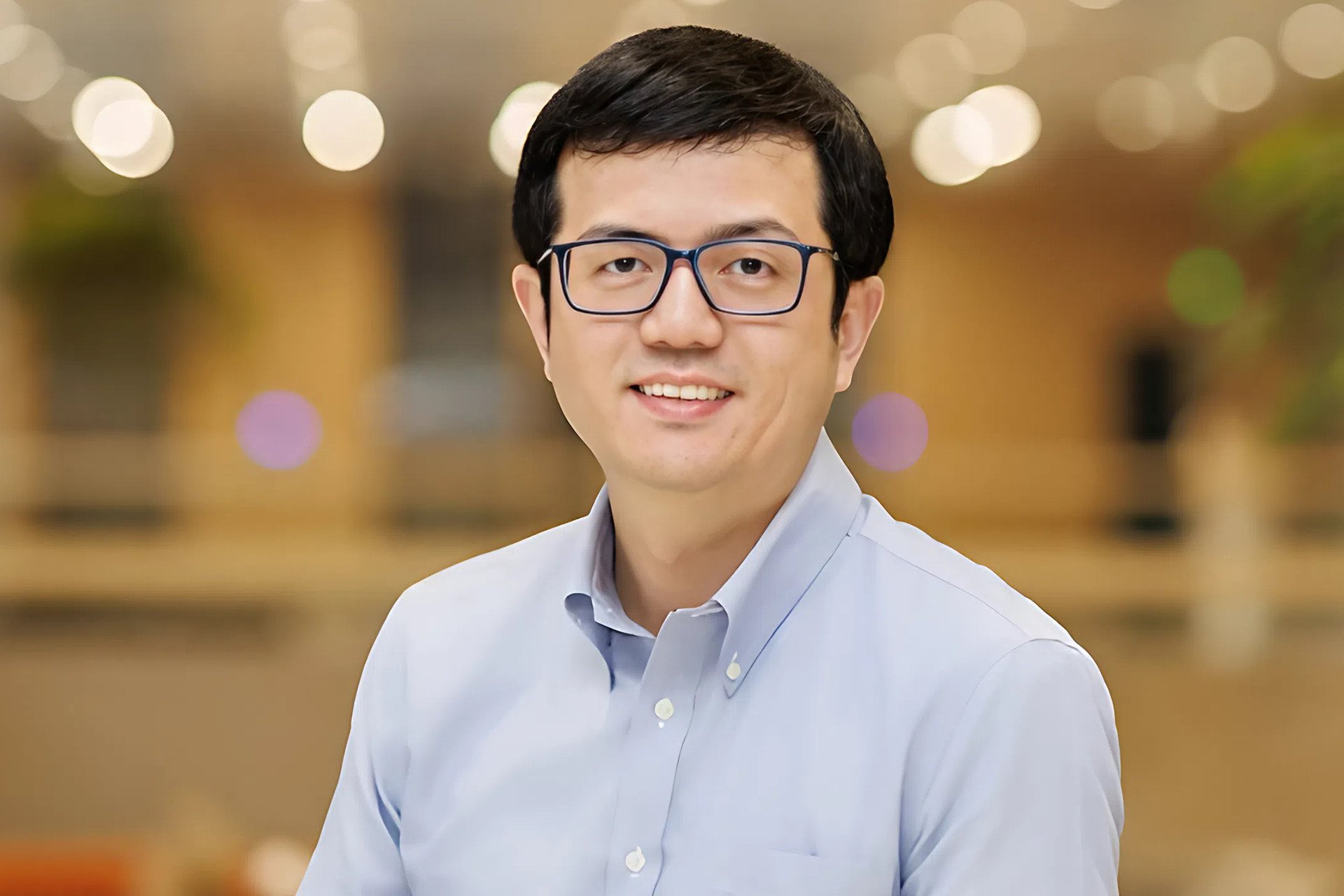
At the age of 16, Fang took the university entrance exam early and was admitted to the gifted class of the Department of Chemistry, Wuhan University. He received his bachelor's degree in 2003 and his master's degree in 2006. Fang went to the United States to pursue his doctorate, starting at the University of California, Los Angeles, then transferred to Northwestern University to continue his research with his advisor, Fraser Stoddart, who later received the Nobel Prize in Chemistry in 2016.
After receiving his PhD in 2010, Fang did postdoctoral research at Stanford University with Professor Bao Zhenan. In 2013, he joined Texas A&M University, becoming a full professor before leaving the US this year.
Now, the Jiangxi native is returning to contribute to hopes of making China a leader in high-tech materials. Fang’s decision also reflects a trend of many overseas Chinese scientists returning home, attracted by abundant resources, an integrated industrial ecosystem and opportunities to translate lab research into applied technology.
He said he wants to bridge the gap between basic science and industrial application – something he believes is increasingly possible in China's innovation ecosystem.
Founded in 2021 in Ningbo City (Zhejiang), Y-Lab focuses on research on new energy materials, polymers and composite materials. Since its inception, the lab has received more than 26 billion yuan in investment from the government and related parties.
Here, Fang is tackling core problems of functional organic materials, including precision synthesis, structure-property relationships, operational durability, and multifunctional integration.
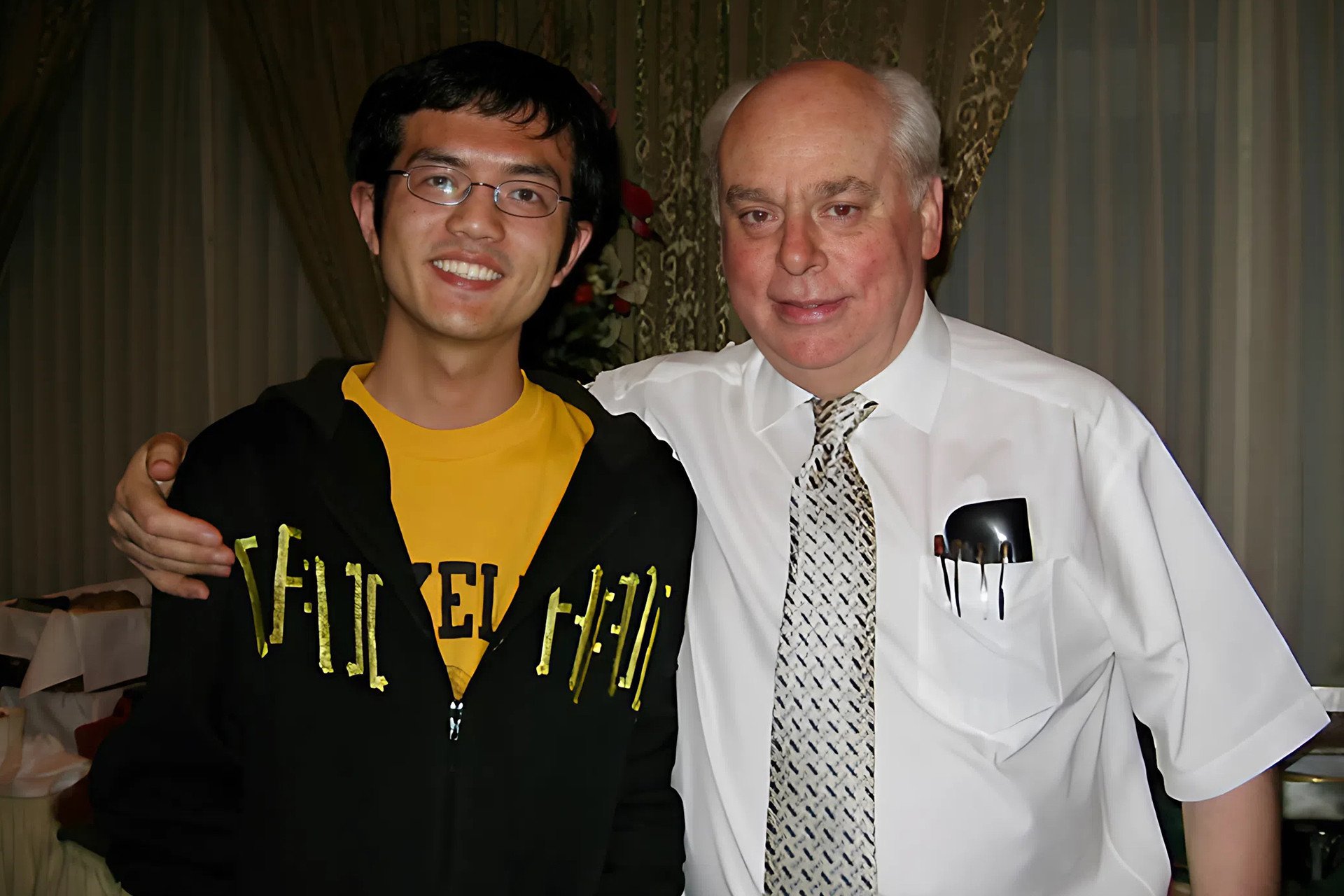
During his PhD, Fang developed “molecular muscle fibers” from molecular machines that create controlled contractions—the foundation for “artificial muscle” research, a field closely linked to the work that won Stoddart his Nobel Prize.
At Texas A&M, Professor Fang's research focuses on synthesizing and fabricating novel organic polymers—such as step polymers, coplanar polymers, and microporous polymer networks—for electronics, energy conversion, and storage.
He aims to develop high-performance, easy-to-fabricate carbon-based organic materials for applications in transistors, LEDs, solar cells and rechargeable batteries.
As for why he returned to China, Professor Fang said it was just a matter of time: “From the day I left my homeland, I knew for sure that I would return.” Despite his commitment to his work at Texas A&M, he said that in the US, research often has difficulty leaving the laboratory. “Translating basic scientific knowledge into practical application and industrialization is something China can really do,” he said.
He praised the strong manufacturing base, complete supply chain and technical capabilities in Ningbo, where Y-Lab is headquartered. The ability to “translate milligram-scale discoveries into kilogram or even ton production in a factory” is “critical” for the materials sector.
“Y-Lab provides great support, which fits my philosophy, and I see a very bright future,” Professor Fang said.
His return follows a similar move by Professor Stoddart, who left Northwestern University in 2023 to become an honorary professor at the University of Hong Kong. Professor Fang said that before returning to mainland China, he had a long conversation with “old man Stoddart,” who encouraged him to make this decision.
Y-Lab has now attracted more than 600 researchers in just a few years of operation. Director of Y-Lab, Ms. Cui Ping, likens the lab to “a rapidly growing crystal nucleus, continuously attracting excellent ‘molecules’, gradually forming a clear and unique crystal structure.”
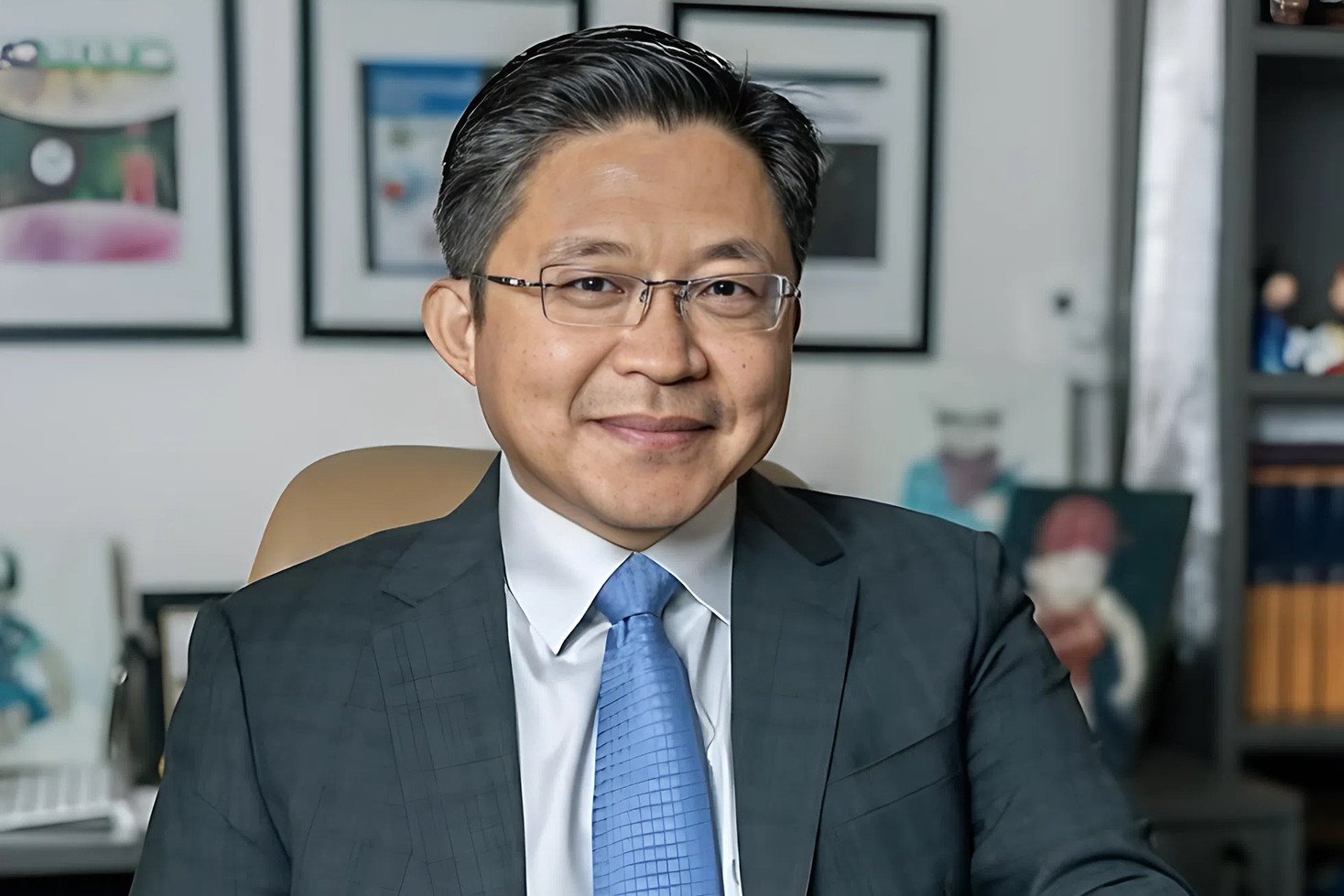
Source: https://vietnamnet.vn/giao-su-hoa-hoc-roi-my-tro-ve-nuoc-gia-nhap-phong-thi-nghiem-tri-gia-3-6-ty-usd-2460879.html



![[Photo] Cutting hills to make way for people to travel on route 14E that suffered landslides](https://vphoto.vietnam.vn/thumb/1200x675/vietnam/resource/IMAGE/2025/11/08/1762599969318_ndo_br_thiet-ke-chua-co-ten-2025-11-08t154639923-png.webp)




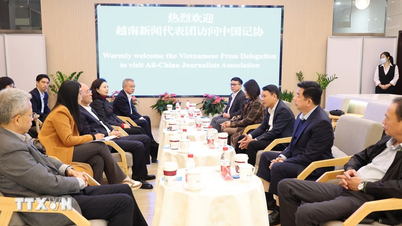


















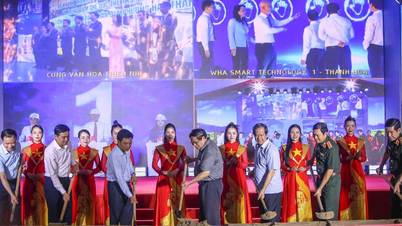





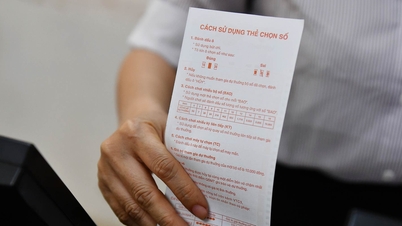
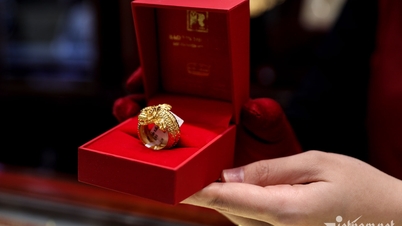

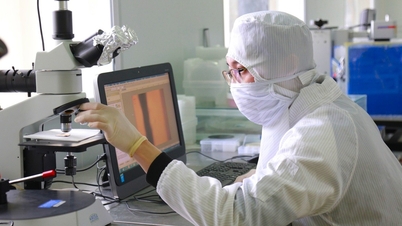












![[Video] Hue Monuments reopen to welcome visitors](https://vphoto.vietnam.vn/thumb/402x226/vietnam/resource/IMAGE/2025/11/05/1762301089171_dung01-05-43-09still013-jpg.webp)




























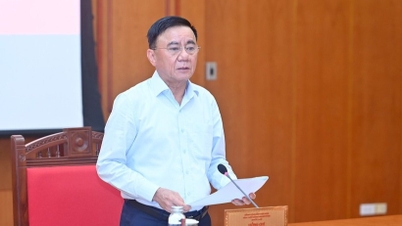











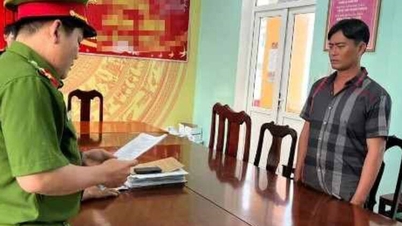





![Dong Nai OCOP transition: [Part 2] Opening new distribution channel](https://vphoto.vietnam.vn/thumb/402x226/vietnam/resource/IMAGE/2025/11/09/1762655780766_4613-anh-1_20240803100041-nongnghiep-154608.jpeg)













Comment (0)